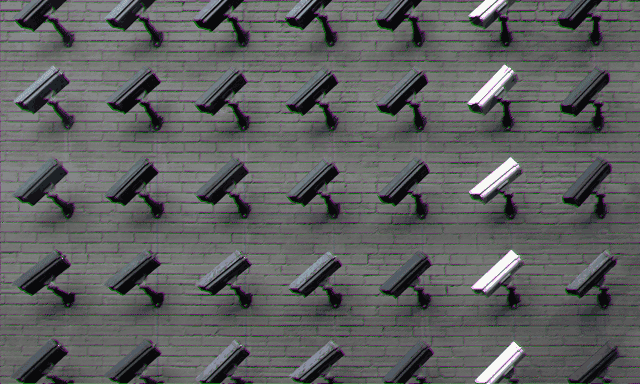The Fantasy of Opting Out

This article is adapted from Finn Brunton and Helen Nissenbaum’s book “Obfuscation: A User’s Guide for Privacy and Protest.”
Consider a day in the life of a fairly ordinary person in a large city in a stable, democratically governed country. She is not in prison or institutionalized, nor is she a dissident or an enemy of the state, yet she lives in a condition of permanent and total surveillance unprecedented in its precision and intimacy.
As soon as she leaves her apartment, she is on camera: while in the hallway and the elevator of her building, when using the ATM outside her bank, while passing shops and waiting at crosswalks, while in the subway station and on the train — and all that before lunch. A montage of nearly every move of her life in the city outside her apartment could be assembled, and each step accounted for. But that montage would hardly be necessary: Her mobile phone, in the course of its ordinary operation of seeking base stations and antennas to keep her connected as she walks, provides a constant log of her position and movements. Her apps are keeping tabs, too.
Any time she spends in “dead zones” without phone reception can also be accounted for: Her subway pass logs her entry into the subway, and her radio-frequency identification badge produces a record of her entry into the building in which she works. (If she drives a car, her electronic toll-collection pass serves a similar purpose, as does automatic license-plate imaging.) If her apartment is part of a smart-grid program, spikes in her electricity usage can reveal exactly when she is up and around, turning on lights and ventilation fans and using the microwave oven and the coffee maker.
Surely some of the fault must lie with this individual for using services or engaging with institutions that offer unfavorable terms of service and are known to misbehave. Isn’t putting all the blame on government institutions and private services unfair, when they are trying to maintain security and capture some of the valuable data produced by their users? Can’t we users just opt out of systems with which we disagree?
Before we return to the question of opting out, consider how thoroughly the systems mentioned are embedded in our hypothetical ordinary person’s everyday life, far more invasively than mere logs of her daily comings and goings. Someone observing her could assemble in forensic detail her social and familial connections, her struggles and interests, and her beliefs and commitments. From Amazon purchases and Kindle highlights, from purchase records linked with her loyalty cards at the drugstore and the supermarket, from Gmail metadata and chat logs, from search history and checkout records from the public library, from Netflix-streamed movies, and from activity on Facebook and Twitter, dating sites, and other social networks, a very specific and personal narrative is clear.



